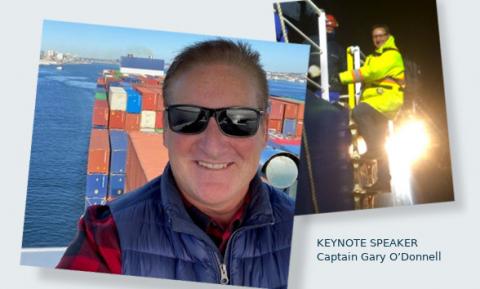McNabs Island Beach Cleanup!
Celebrate Environment Week and Oceans Week by helping the Friends of McNabs Island Society clean up McNabs Island Provincial Park on Sunday June 9th, 2024 (rain date June 16th).
To Register for Tickets follow the link to Eventbrite:
https://www.eventbrite.com/o/friends-of-mcnabs-island-society-10724104906
For more information: https://mcnabsisland.ca/events or info@mcnabsisland.ca
Departure Location is from the HALIFAX waterfront!
Meet at Ambassatours (formerly Murphy's on the Water), Cable Wharf, 1751 Lower Water St on the Halifax Waterfront by 9:15 am for the 9:30 departure. Space is limited so
everyone MUST pre-register to guarantee your spot.
Dress for the weather and island environment. Wear sturdy sneakers or hiking books. Bring sunscreen, sunhats, insect repellent, work gloves, drinking water, a lunch and ENTHUSIASM.
We will supply the garbage bags and FREE transportation to the island for volunteers willing to clean up the beaches. Sorry no bicycles on this trip and service dogs only, please. Note: the
cleanup is not suitable for very young children (under 5 years) as there could be hazards found lying on the beaches.
Over the past 34 years, volunteers have collected more than 16,750 bags of garbage and recyclables from the beaches of McNabs and Lawlor Islands Provincial Park.
Note that we do NOT have funding for this expensive cleanup. If you can make a donation to the Friends of McNabs Island to help cover our costs, we would really appreciate it!
To register: follow the link to Eventbrite:
https://www.eventbrite.com/o/friends-of-mcnabs-island-society-10724104906
For more information: info@mcnabsisland.ca or use the “contact us” link on our website.






